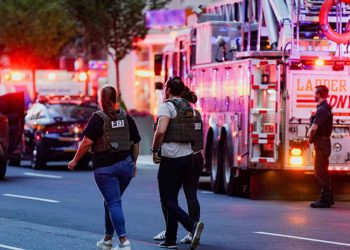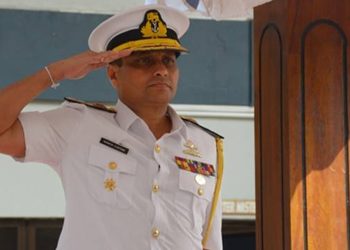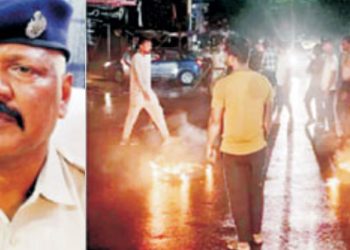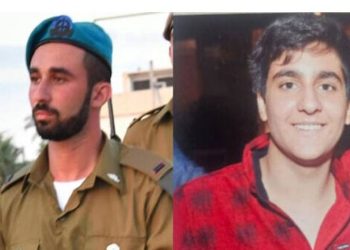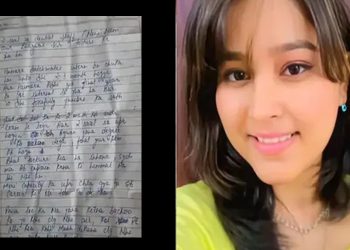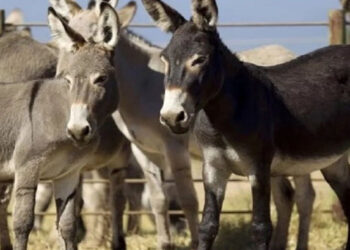WASHINGTON: The United States announced that it would supply Ukraine with widely banned cluster munitions for its counteroffensive against occupying Russian forces.
This comes as NATO’s leader said the military alliance would unite at a summit next week on how to bring Ukraine closer to joining.
Rights groups and the United Nations secretary-general questioned Washington’s decision on the munitions, part of an $800 million security package that brings total US military aid to more than $40 billion since Russia’s February 2022 invasion of Ukraine.
The cluster munitions “will deliver in a time frame that is relevant for the counteroffensive,” a Pentagon official told reporters.
Cluster munitions are prohibited by more than 100 countries. Russia, Ukraine and the United States have not signed on to the Convention on Cluster Munitions, which bans production, stockpiling, use and transfer of the weapons.
They typically release large numbers of smaller bomblets that can kill indiscriminately over a wide area. Those that fail to explode pose a danger for decades after a conflict ends.
“Ukraine has provided written assurances that it is going to use these in a very careful way” to minimize risks to civilians, White House national security adviser Jake Sullivan said.
US President Joe Biden described the decision on cluster bombs as difficult but said Ukraine needed them. Human Rights Watch has accused Russian and Ukrainian forces of using cluster munitions, which have killed civilians.
Russian Ambassador to the United States Anatoly Antonov criticized the transfer of these weapons to Ukraine by the US. “The cruelty and cynicism with which Washington has approached the issue of transferring lethal weapons to Kyiv is striking,” Russian news agency quoted Antonov as saying.
“Now, by the fault of the US, there will be a risk for many years that innocent civilians will be blown up by submunitions that have failed.”
Ukraine says it has taken back some villages in southern Ukraine since the counteroffensive began in early June, but that it lacks the firepower and air cover to make faster progress.
“It’s too early to judge how the counteroffensive is going one way or the other because we’re at the beginning of the middle,” Colin Kahl, the U.S. under secretary of defense for policy, told reporters.
Zelenskiy tours NATO countries
Ukrainian President Volodymyr Zelenskiy visited the Czech Republic, Slovakia and Turkey a day after talks in Bulgaria to drum up support for NATO membership before the alliance’s July 11-12 summit.
Turkey’s President Tayyip Erdogan said after meeting Zelenskiy that Ukraine deserved NATO membership and that Ankara would continue working on a negotiated end to the war.
In Prague, Zelenskiy won a pledge of support for Ukraine to join NATO “as soon as the war is over”, and in Sofia secured backing for membership “as soon as conditions allow.”
North Atlantic Treaty Organization Secretary-General Jens Stoltenberg reaffirmed his view that Ukraine would become a member. “Our summit will send a clear message: NATO stands united, and Russia’s aggression will not pay,” Stoltenberg said at a news conference in Brussels.
It remained unclear, however, what Ukraine will be offered next week at the summit in Vilnius, the Lithuanian capital. The alliance is divided over how fast Ukraine should move towards membership, and some countries are wary of any step that might take NATO closer to war with Russia.
Zelenskiy has acknowledged that Kyiv is unlikely to be able to join NATO while at war with Russia. Putin has threatened unspecified action if Ukraine joins NATO.








